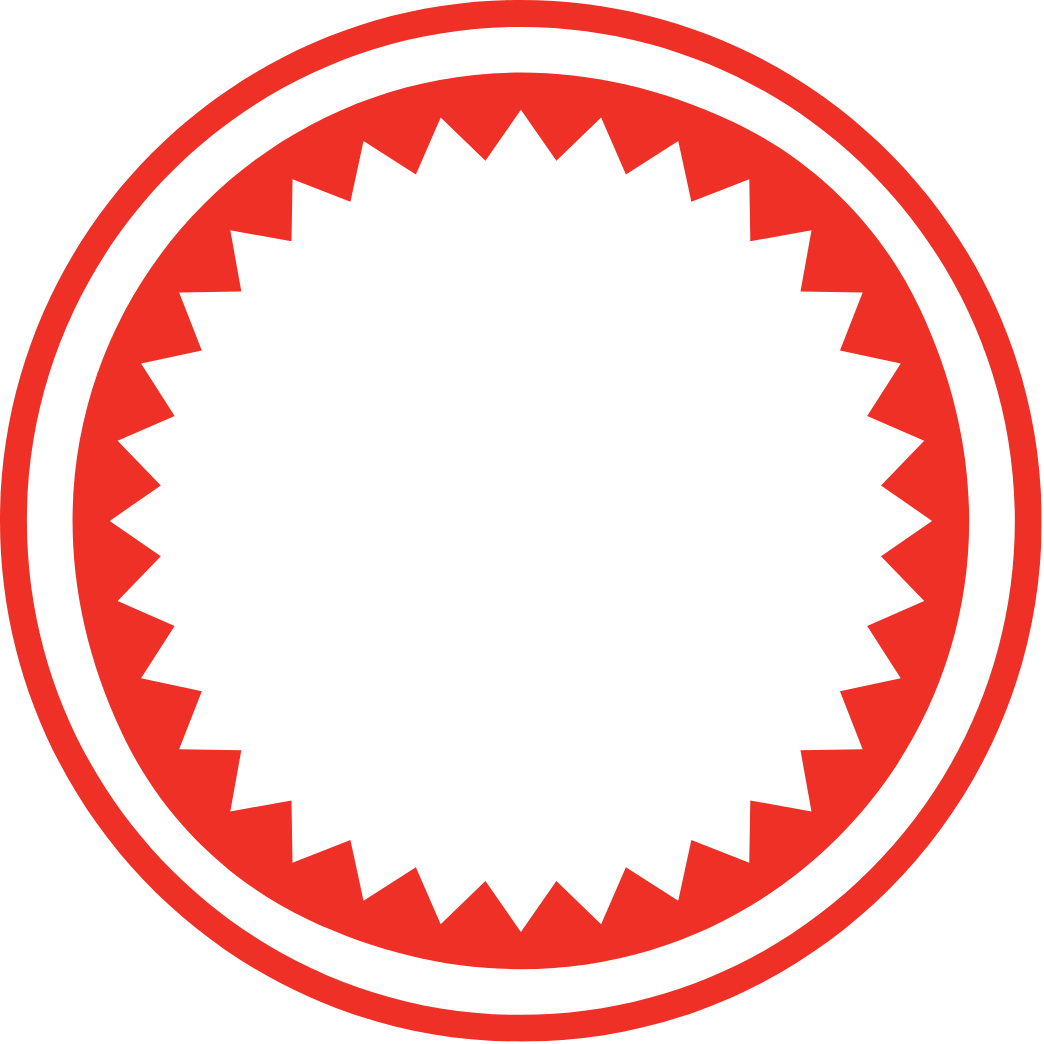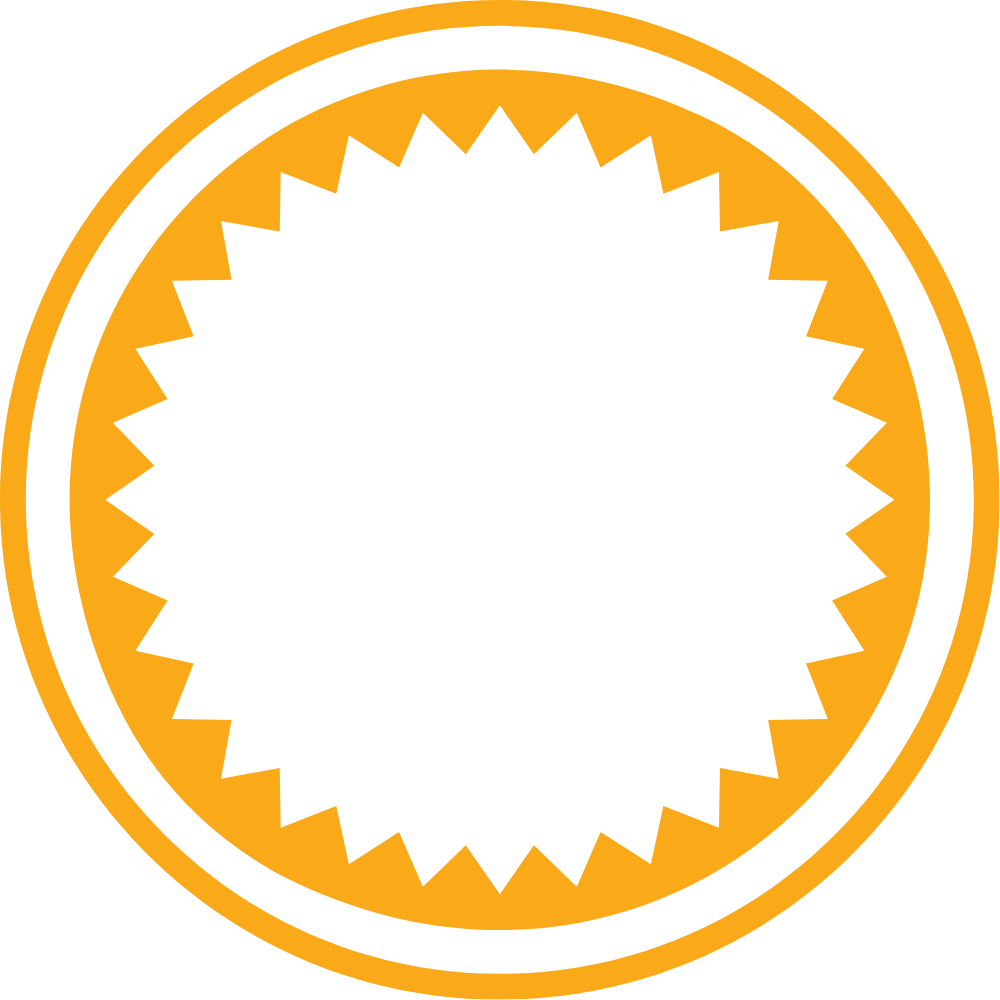In an increasingly interconnected world, where ideas and information flow seamlessly across borders, the role of translators and interpreters has never been more pivotal. Global communications thrive on accurate and culturally sensitive translations, making ethical translation an essential cornerstone of this process.
This article explores the ethical aspects of translation and interpreting, emphasizing the need for professional translators to adhere to a code of ethics to preserve the integrity of global communications.
The Importance of Ethical Translation in Global Communications
Ethical translation ensures that the essence of the source text is preserved while being culturally and contextually adapted to the target culture. In global communications, this accuracy is not merely about conveying words; it’s about maintaining the original intent, tone, and purpose of the text.
Whether it’s translating legal documents, medical information, or marketing materials, the integrity of the original text is paramount.
When ethical translation practices are followed, misunderstandings and potential conflicts can be avoided. For instance, a poorly translated document can lead to legal disputes, misinformed healthcare decisions, or even damage to a company’s reputation.
Conversely, adhering to ethics in interpreting and translation fosters trust, builds cross-cultural relationships, and ensures seamless communication in diverse contexts.
Core Principles of Ethical Translation
The foundation of ethical translation lies in a commitment to accuracy, confidentiality, and impartiality. These principles are often encapsulated in a translator’s code of ethics, which serves as a guide for professional translators and interpreters. Let’s delve into these core principles:
- Accuracy: Translators must faithfully convey the meaning of the source text without distortion. This means capturing not just the words but the underlying message and nuances, ensuring that the target audience understands the subject matter as intended.
- Cultural Sensitivity: Ethical translation requires an awareness of the target culture. Words and phrases that might be acceptable in one culture could be offensive or misinterpreted in another. Translators must adapt content in a way that resonates with the target audience while preserving the original intent.
- Confidentiality: Professional translators often handle sensitive information, ranging from business strategies to personal data. Ethical translation mandates that this information is kept confidential, safeguarding the trust of all stakeholders.
- Impartiality: Especially critical in legal and medical contexts, translators and interpreters must remain neutral, avoiding personal biases that could influence the translation process.
Challenges in Upholding Ethical Translation Practices
Maintaining ethical standards in translation is not without its challenges. Translators often face tight deadlines, limited access to the original text’s context, or pressure from clients to “adjust” content for specific purposes. Additionally, the rise of machine translation tools, while helpful, has introduced ethical dilemmas regarding accuracy and reliability.
For example, relying solely on machine translation can lead to errors that misrepresent the source text. While these tools can assist professional translators, the ethical aspect requires human oversight to ensure quality and contextual appropriateness.
The Role of Professional Translators and Interpreters
Professional translators and interpreters are the guardians of ethical translation practices. Their expertise goes beyond linguistic skills; it encompasses a deep understanding of the subject matter and the cultural nuances of both the source and target languages. They act as cultural mediators, bridging gaps and fostering mutual understanding.
Adhering to a code of ethics is non-negotiable for these professionals. This code often includes guidelines on how to handle ethical dilemmas, such as conflicts of interest or requests for unethical modifications to the translation. By upholding these standards, translators ensure that their work contributes positively to global communications.
Beyond Words: Ethics and Best Practices in the Translation Industry .. Read more!
Promoting Awareness of Ethical Translation
Raising awareness about the importance of ethical translation is crucial for all stakeholders in global communications. Here are some actionable steps:
-
- Education and Training: Incorporating ethics in interpreting and translation into professional training programs helps future translators understand their responsibilities.
- Adopting Standards: Organizations can enforce ethical translation practices by partnering with certified translators who adhere to recognized codes of ethics.
- Leveraging Technology Responsibly: While machine translation can be a valuable tool, it should complement, not replace, human expertise. Professional translators must ensure that technology is used ethically and does not compromise the quality or integrity of the translation.
- Public Awareness Campaigns: Educating the public about the importance of ethical translation fosters respect for the profession and encourages the use of qualified translators.
Conclusion
The ethical translation is the backbone of effective global communications. By adhering to principles of accuracy, cultural sensitivity, confidentiality, and impartiality, professional translators and interpreters uphold the integrity of the original text and build bridges across cultures. Promoting these practices ensures that global communications remain truthful, respectful, and impactful.
As we navigate an increasingly interconnected world, the commitment to ethical translation must remain unwavering. It is a collective responsibility, requiring the dedication of translators, organizations, and the public to recognize and support the vital role of ethical practices in shaping our global conversations.
Experience Excellence: Partner with AfroLingo for Unmatched Quality in Translation!
At AfroLingo, we work on a broad diversity of projects, ranging from medical to legal, financial, and marketing. Yet, our main focus is quality. That’s why we only work with industry-specific and subject matter-specific translators. Further, at AfroLingo, your content is translated, then proofread, then edited, then finally reviewed by linguists and specialists with higher levels of expertise and experience so they can deliver the highest excellence on every level.
Request a Quote and take your communication to new heights with AfroLingo!
Top 5 FAQs About Ethical Translation
- What is ethical translation, and why is it important?
Ethical translation involves adhering to principles like accuracy, cultural sensitivity, and confidentiality to ensure that the source text’s intent and integrity are preserved. It is crucial for maintaining trust and effective communication in global contexts.
- How does a code of ethics guide professional translators?
A code of ethics provides a framework for translators and interpreters to handle challenges like conflicts of interest, confidentiality concerns, and cultural nuances, ensuring their work aligns with professional and ethical standards.
- What role does cultural sensitivity play in ethical translation?
Cultural sensitivity helps translators adapt content to the target culture while preserving the original text’s intent. This avoids misunderstandings and ensures the translation resonates with the intended audience.
- Can machine translation be ethical?
Machine translation can be ethical if used responsibly as a tool to assist human translators. It should not replace professional expertise, especially in contexts requiring cultural and contextual accuracy.
- How can organizations promote ethical translation practices?
Organizations can promote ethical translation by hiring certified translators, providing access to relevant resources, and fostering a culture that values ethical practices in all forms of communication.







